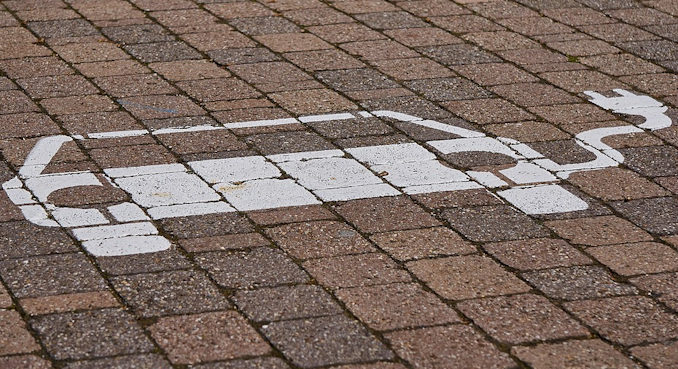
North Yorkshire Council is optimistic about achieving its target for creating an electric vehicle (EV) charging network five years ahead of schedule.
Ahead of submitting a bid for a further £4.88m of Government funding to “ensure no one is left behind” across North Yorkshire when sales of new petrol and diesel engine vehicles are banned from 2030, North Yorkshire Council’s executive member for highways and transportation Councillor Keane Duncan welcomed progress on the issue.
Earlier this year opposition members warned the authority would need to redouble its efforts to ensure there are sufficient publicly available charging points after admitting its plan for a comprehensive network was heavily dependent on funding from Whitehall.
The slow rise in publicly available EV chargers compared with EV uptake in North Yorkshire has been linked to the county’s rural nature, high grid connection costs and capacity issues making the sites commercially unattractive.
There are almost 4,000 electric vehicles registered in North Yorkshire and 225 publicly available charge points, but council officers forecast 3,161 charge points will be needed by 2030, of which half will need to be funded by the public sector at an estimated cost of £10.3.
A bid for funding from the £400m national electric vehicle pilot scheme saw £3.2m secured for the county, which will pay for 150 charge points, of which 70 will be linked to renewable energy systems designed to offset some or all of the energy requirement to power the electric vehicle charging point units.
A meeting of senior council officers and executive members saw a proposal approved to submit a £4.88m bid to the Government support the “mass roll-out” EV infrastructure before April 2025.
A report to the meeting states the proposed use of the funding remains confidential, but adds the Government funding is intended to fund primarily lower powered local charge points, although rapid charging is eligible for funding as part of projects.
Officers said the bid for funding would explain the private sector was unlikely to invest without Government funding as it is “more interested in funding sites that have high demand and utilisation but there are many areas of North Yorkshire that don’t meet that criteria, coupled with high grid connection
costs”.
The report states in the absence of the Government funding it is not known when the council would be able to rollout EV charging infrastructure at scale.
Nevertheless, it adds the council is has submitted a further bid for £502,000 submitted to the Devolution Deal Net Zero Fund which, if successful, would deliver 130 charging points before April 2025.
Referring to both the pending and successful bids Government funding, Coun Duncan said: “That money has to be spent by 2025 and, if we are successful in receiving that funding, and spend it in line with the allocation, we will achieve the ambitions within our ambitious electric vehicle charging strategy five years in advance of the 2030 deadline. So that’s a big positive story for us as a council.”


Be the first to comment